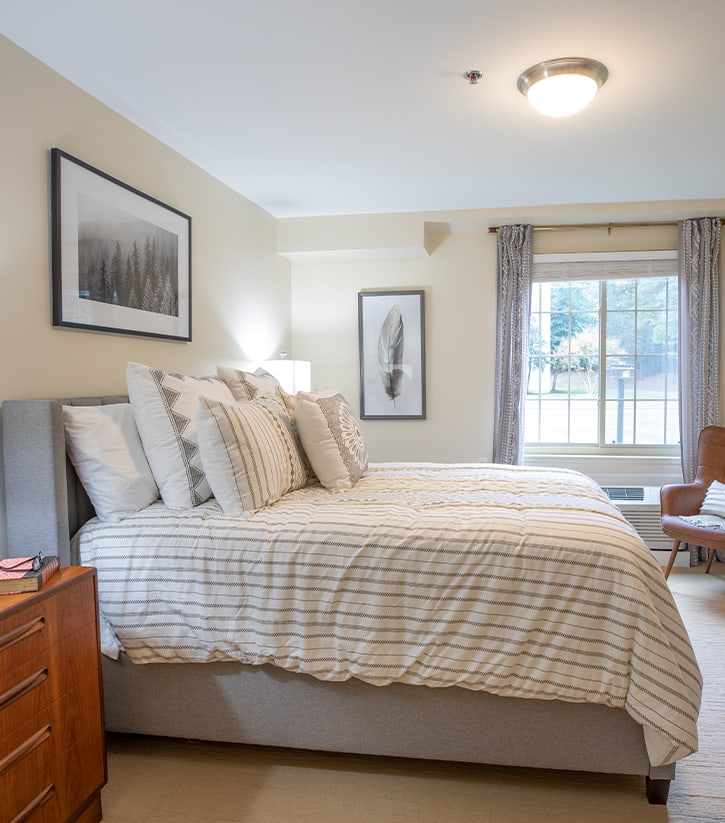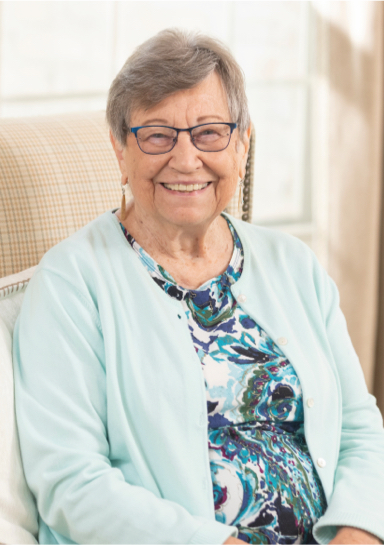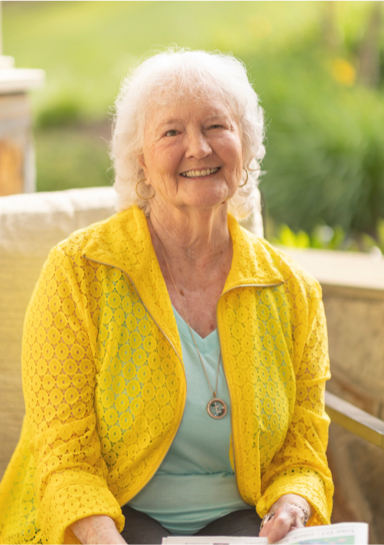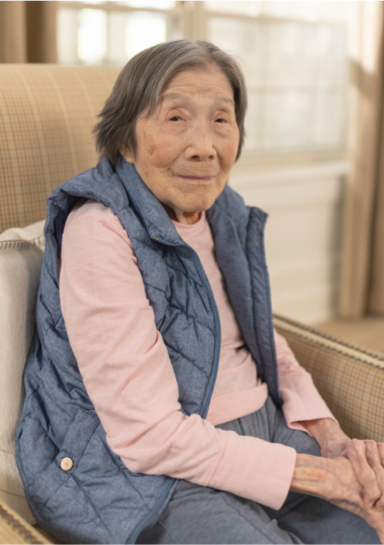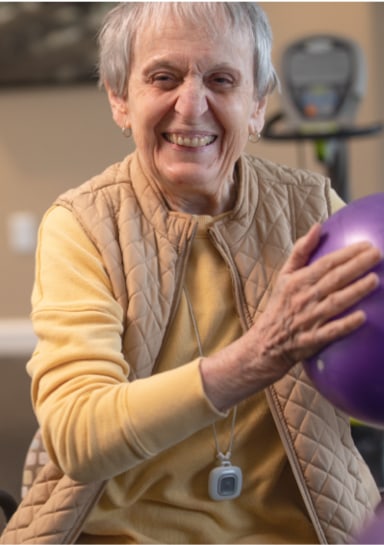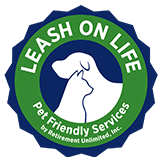Caring for a parent with dementia is an emotional and challenging journey that requires patience, understanding, and the use of practical strategies to increase both your and your loved one’s quality of life.
Dementia, including its most common form, Alzheimer’s disease, is a progressive condition that significantly affects memory, behavior, and daily functioning. Knowing how to navigate the changes caused by dementia can help you provide the best care and support for your parent.
Whether you’re noticing early signs or managing advanced symptoms, understanding dementia and how it impacts daily life is essential. By recognizing the challenges ahead, families can make informed decisions and explore care options for next steps.
What is Dementia?
Dementia is an umbrella term for conditions that cause cognitive decline, affecting memory, communication, and problem-solving. It includes diseases like Alzheimer’s, vascular dementia, and Lewy body dementia.
Common symptoms include:
- Memory loss
- Confusion and disorientation
- Difficulty communicating or understanding language
- Changes in mood and behavior
Each type of dementia has unique characteristics, but they all share certain symptoms. Early symptoms of dementia can be subtle and easily dismissed as normal aging. While some occasional memory lapses are perfectly natural, dementia is more significant..
Recognizing the Signs
Recognizing dementia’s early warning signs can help families take action before symptoms become severe. A parent with dementia may:
- Frequently forget appointments or conversations
- Struggle with everyday tasks, such as cooking or paying bills
- Get lost in familiar places
- Exhibit mood swings or personality changes
If you notice these signs, seeking professional evaluation can provide access to treatment options.
Developing a Care Plan for Your Parent
Creating a personalized care plan for your parent helps ensure they receive the right level of support. Begin by evaluating their physical, emotional, and cognitive needs, by considering their medical history, daily habits, and by identifying any specific care requirements.
Safety should be a top priority. Modify their home environment to make it dementia-friendly by removing hazards, securing cabinets with potentially dangerous items, and using non-slip mats. Establishing consistent daily routines for meals, medications, and activities can provide a sense of stability and reduce anxiety.
Regular medical check-ups are crucial for monitoring the progression of the disease. Work with a multidisciplinary team, including a primary care physician, neurologist, and social worker, to adjust the care plan as needed.
Additionally, it’s important to build a strong support network for yourself and other family members involved in caregiving. Lean on extended family, friends, and professional support groups to share responsibilities, alleviate stress, and provide emotional support throughout the journey.
Tips for Caring for a Parent with Dementia
Creating a Safe & Supportive Environment
As dementia progresses, maintaining a safe and structured environment becomes essential.
- Remove tripping hazards like loose rugs and clutter.
- Install safety features like grab bars, nightlights, and cabinet locks.
- Label important household items and rooms to reduce confusion.
Regular physical activity can also promote mobility and reduce anxiety.
Communicating Effectively
Dementia affects communication, but you can use strategies to make conversations easier.
- Speak slowly and clearly, using simple sentences.
- Maintain eye contact and use nonverbal cues like gestures.
- Ask yes-or-no questions instead of open-ended ones.
Instead of correcting or arguing, try to validate their feelings.
Managing Difficult Behaviors
As dementia progresses, behavioral changes such as aggression, restlessness, or wandering may occur. Understanding triggers, such as stress, hunger, or overstimulation, can help caregivers address these issues more effectively.
For example, “sundowning” refers to increased confusion and agitation in the evening. Creating a calming nighttime routine, lowering lights, and minimizing noise can help manage this symptom.

The Importance of Caregiver Self-Care
Caring for a loved one with dementia can be exhausting. Recognizing caregiver burnout—such as chronic fatigue, stress, or feelings of isolation—is essential for maintaining your own well-being.
- Take regular breaks and seek support from family or professionals.
- Join caregiver support groups to share experiences and receive guidance.
- Engage in activities that bring you joy and relaxation.
Exploring options like assisted living services can provide additional support, ensuring both you and your parent receive the care you need.
Planning for the Future
Dementia is a progressive condition, making it essential to plan for long-term care. Families should consider:
- Legal and financial preparations, such as power of attorney and healthcare directives.
- Future care options, including independent living or memory care services.
Planning ahead can make transitions smoother and ensure that your loved one receives the best possible care.
Memory Care at The Barrington at Hioaks
For families navigating the challenges of dementia, The Barrington at Hioaks in Richmond, VA offers specialized Inspiritás Memory Care services. As part of the RUI family of communities, we provide compassionate, personalized care in a supportive and engaging environment.
Our team focuses on enhancing residents’ physical, emotional, and cognitive well-being through structured routines, specialized programs, and holistic care. Residents can enjoy the bespoke services of RUI Concierge and delight in gourmet meals with Taste of RUI. Whether they’d like to join a fitness class through RUI FIT or care for their pet with Leash on Life, our community ensures your loved one receives the care and support they need.If you’re exploring memory care options for a loved one, schedule a visit to The Barrington at Hioaks today. Let us help you find peace of mind and the best care for your family member.
